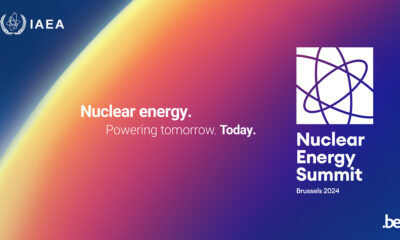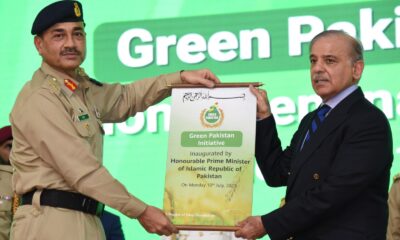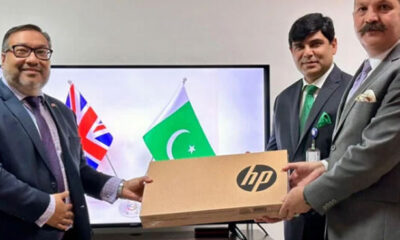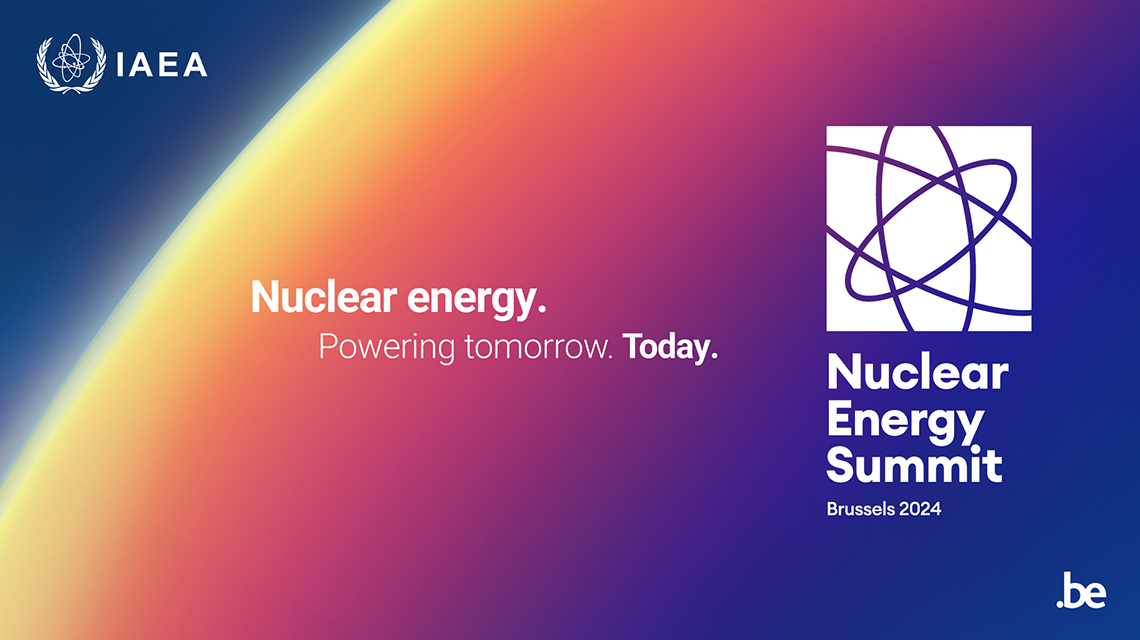In their historic 16-member panel meeting about the unidentified anomalous phenomena (UAPs) or UFOs, Nasa said Wednesday that further as well as better data was required to unravel the mysteries surrounding UAPs.
Nasa’s UFO body, which was constituted in June last year and includes a range of experts from physics to astrobiology, stressed that the currently available data was insufficient to effectively explain the unexplained phenomena in question.
They held a four-hour session, which was streamed live on a Nasa webcast and shared the initial findings of the research. A complete report is likely to be issued this summer.
Astrophysicist and chairman of the panel David Spergel said his team’s role was “not to resolve the nature of these events,” but rather to give Nasa a “roadmap” to guide future analysis.
According to the officials from the US space agency, several panellists had been subjected to unspecified “online abuse” and harassment since beginning their work in June last year.
Nasa science chief Nicola Fox said: “It is really disheartening to hear of the harassment that our panellists have faced online because they’re studying this topic. Harassment only leads to further stigmatisation.”
The panel members noted that the greatest challenge was a dearth of scientifically reliable methods for documenting UFOs, typically sightings of what appear as objects moving in ways that defy the bounds of known technologies and laws of nature.
“The underlying problem is that the phenomena in question are generally being detected and recorded with cameras, sensors and other equipment not designed or calibrated to accurately observe and measure such peculiarities,” they underlined.
“If I were to summarise in one-line what I feel we’ve learned, it’s we need high-quality data,” Spergel added.
“The current existing data and eyewitness reports alone are insufficient to provide conclusive evidence about the nature and origin of every UAP event.”
Spergel said: “While the Pentagon in recent years has encouraged military aviators to document UAP events, many commercial pilots remain very reluctant to report them due to the lingering stigma surrounding such sightings.”
The Nasa panel is the first-ever inquiry conducted under the ambit of the US space agency on matters that the government once considered the secretive purview of military and national security officials.
Investigations by Pentagon
This study is separate from a newly formalised Pentagon-based investigation of UAPs, documented in recent years by military aviators and analysed by US defence and intelligence officials.
The efforts of Nasa and the Pentagon highlight a shift for the government officials who, for decades, deflected and debunked the sightings of such objects which date back to the 1940s.
UFO was earlier associated with flying saucers and aliens, but now has been replaced in government language by “UAP.”
While NASA’s science mission was seen by some as promising a more open-minded approach to a topic long treated as taboo by the defence establishment, it made it known from the start that it was hardly leaping to any conclusions.
“There is no evidence UAPs are extraterrestrial (ET) in origin,” NASA said in announcing the panel’s formation last June.
US defence officials have said the “Pentagon’s recent push to investigate such sightings has led to hundreds of new reports that are under examination, though most remain categorised as unexplained.”
The head of the Pentagon’s newly formed All-domain Anomaly Resolution Office (AARO) has said the “existence of intelligent alien life has not been ruled out but that no sighting had produced evidence of extraterrestrial origins.”
“But just a few are considered beyond relatively simple explanation, while the rest can be attributed to mundane origins such as aircraft, balloons, debris or atmospheric causes,” he said.
Spergel also said: “In a departure from the Pentagon, Nasa’s panel is examining only unclassified reports from civilian observers, an approach permits open sharing of information among scientific, commercial and international entities, as well as the public.”
“To make the claim that we see something that is evidence of non-human intelligence would require extraordinary evidence, and we have not seen that,” Spergel said.
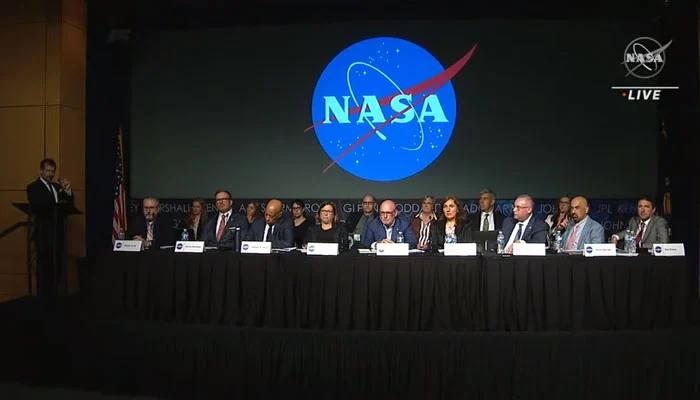

 Latest News16 hours ago
Latest News16 hours ago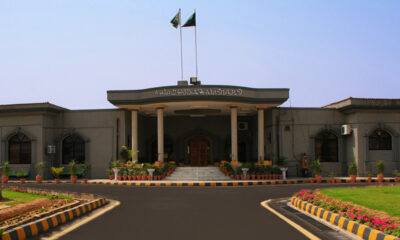
 Latest News2 days ago
Latest News2 days ago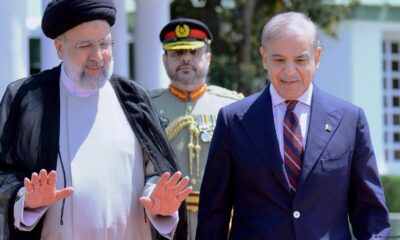
 Latest News16 hours ago
Latest News16 hours ago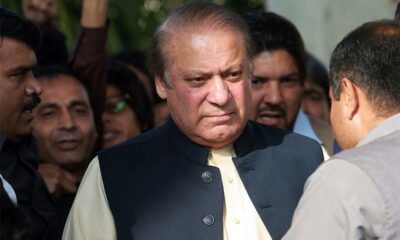
 Latest News2 days ago
Latest News2 days ago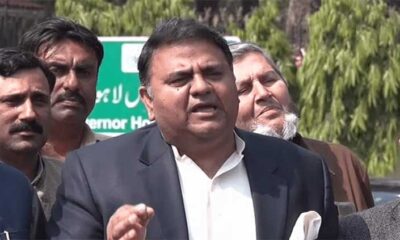
 Latest News16 hours ago
Latest News16 hours ago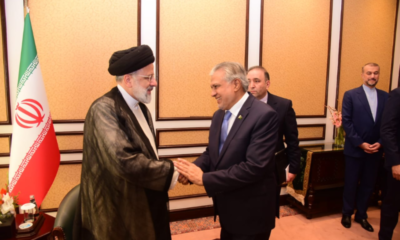
 Latest News3 days ago
Latest News3 days ago
 Latest News3 days ago
Latest News3 days ago
 Latest News3 days ago
Latest News3 days ago




